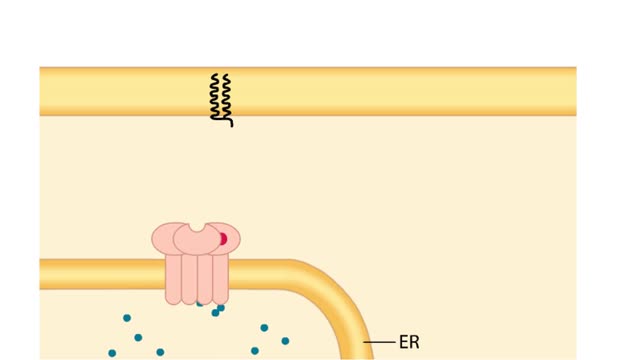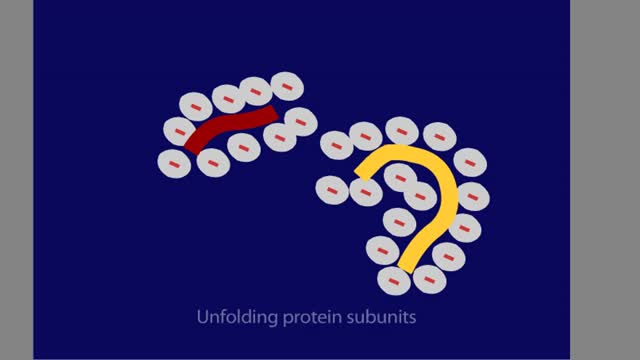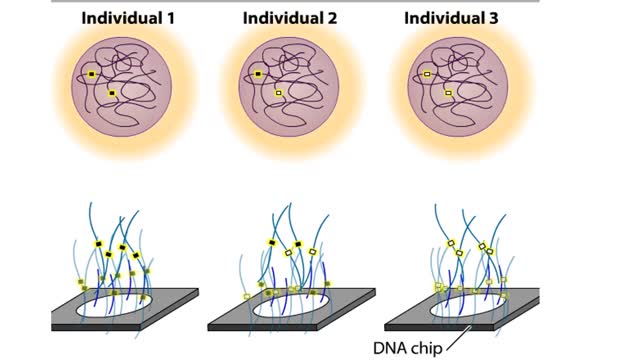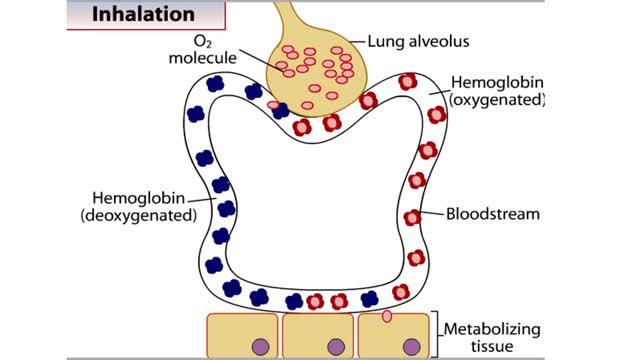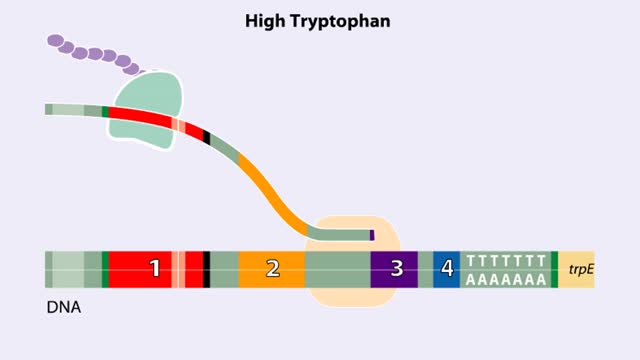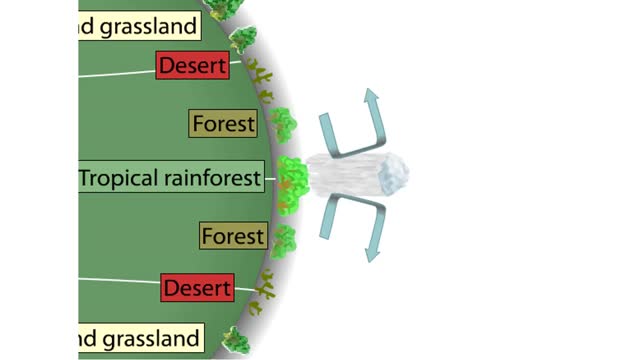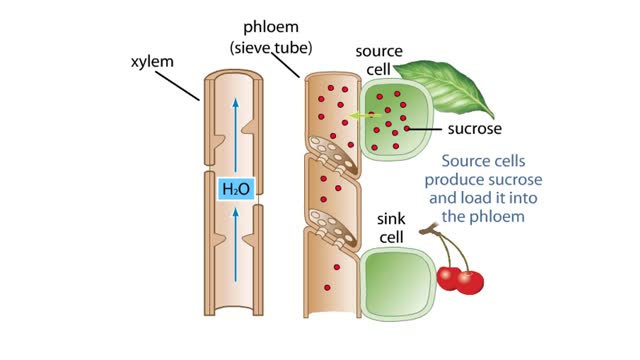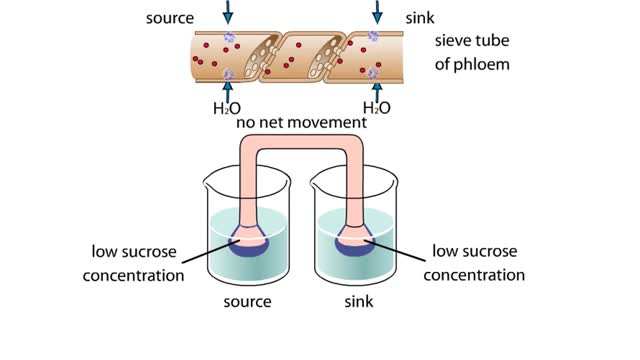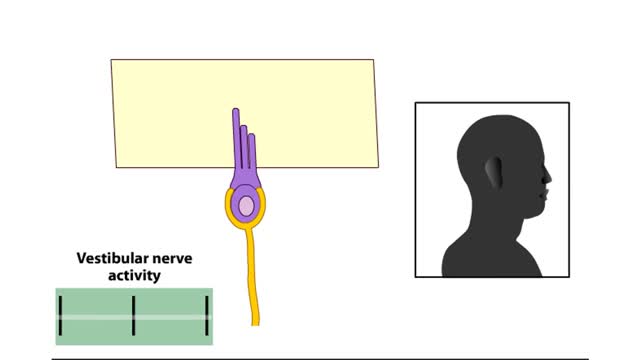Search Results
Results for: 'pH'
Second Messengers in the Inositol-lipid Signaling Pathway
By: HWC, Views: 10499
Extracellular signals produce specific responses in target cells through the action of intracellular second messengers. Here, we focus on three second messengers, IP3, DAG, and Ca2+, all involved in the inositol-lipid signaling pathway. A hormone-receptor signal on the cell surface leads to the a...
Power Supply Polyacrylamide Gel Protein Sample
By: HWC, Views: 10574
SDS-polyacrylamide gel electrophoresis is a powerful tool, which resolves proteins according to their molecular weights. Because proteins differ in size, shape, and charge, a protein sample is first denatured with the anionic detergent SDS. When the sample is heated, the SDS molecules bind to ...
SNP Polymorphysim Microarray Chip - How to Test a Person's DNA
By: HWC, Views: 10704
To test a person's DNA, a researcher first needs a source of tissue. Most of the cells in a blood sample are red blood cells, which lack nuclei, but there are also a number of white blood cells, which do contain nuclei and chromosomal DNA. If we could see a particular DNA sequence in these cel...
How Hemoglobin Picks Up and Delivers Oxygen
By: HWC, Views: 10760
All of the cells in our bodies require oxygen (02) for survival and must release carbon dioxide (CO2) as a waste product. The respiratory and circulatory systems work together as delivery systems for these gases. The lungs exchange these gases between the environment and the bloodstream. The bloo...
By: HWC, Views: 11158
The trp operon in E. coli contains five structural genes corresponding to enzymes that convert chorismate into tryptophan. The trpE gene contains a 5' untranslated region that plays an important role in the regulatory mechanism called attenuation. The 5' UTR contains four regions. Region 1 en...
Four Giant Convection Cells oF Earth
By: HWC, Views: 10619
Earth Has Four Giant Convection Cells Earth's climates range from dry and cold at the poles to wet and warm at the equator. These climates are dictated largely by the amount of solar radiation that a region receives. Solar radiation warms the Earth and the surrounding air, setting up convection c...
The Pressure Flow Model in a Plant
By: HWC, Views: 10735
The vascular system of plants has two transport tissues, called xylem and phloem. Xylem transports water and minerals, while phloem transports a variety of dissolved substances, including sugars and amino acids, throughout the plant. Water in the xylem always moves up, in the direction from th...
By: HWC, Views: 10601
This apparatus of beakers A and funnels simulates the flow of a sucrose solution in the phloem of a plant. The funnels and connecting tube represent a sieve tube of the phloem. Differentially permeable membranes cap the funnels at the source and sink ends, allowing water, but not sucrose, to cros...
By: HWC, Views: 10373
The vestibular system has important sensory and motor functions, contributing to the perception of self-motion, head position, and spatial orientation relative to gravity. The function of the vestibular system can be simplified by remembering some basic terminology of classical mechanics. All ...
Advertisement



